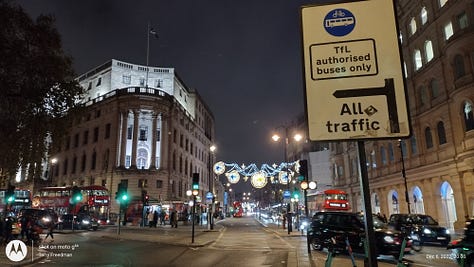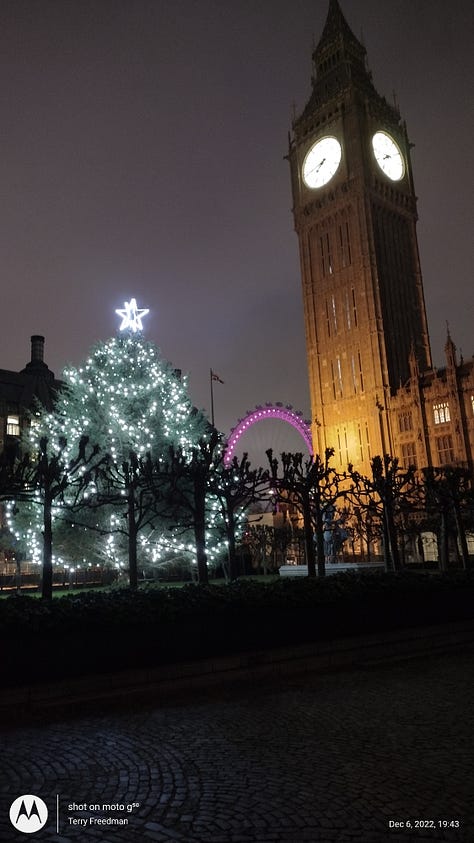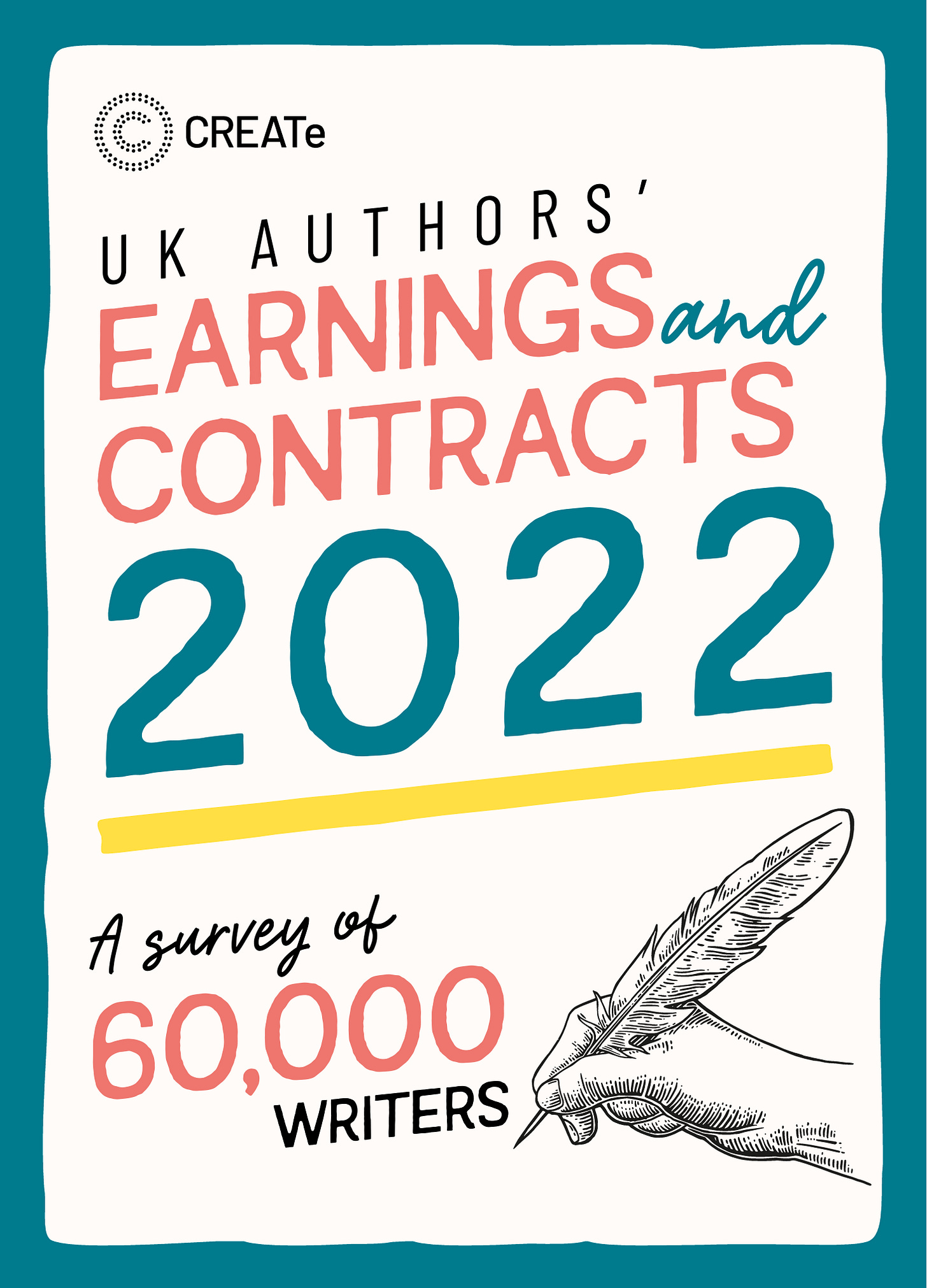The value of low-paying gigs
It sticks in the craw, but...
UK Authors’ earnings, 2022
Last night I attended the launch of this new report into UK writers’ earnings. I need to read it through fully and carefully, but the ‘take-away’ is that hardly anyone can make a living solely from writing these days. It has been difficult to do so for a long time, but it is getting worse.
According to one website, the average freelance salary in the UK is over £31k. I’m not sure I believe that, and really a better figure would be the modal average — ie what the greatest number of people earn — than the arithmetic average, but still. Compare this with the average income from writing: £7k. That’s why when people say to me “Oh, I shall write a book once I’ve retired”, as if it’s little more than a hobby, or “Ooh, you must be raking it in”, I get rather annoyed. Perhaps that came across in the interview I did with Mark Dykeman. I doubt it, but I hope so!
Hence most writers have to do other things to make a decent living. I give talks, run training courses, and teach. And I do a lot of writing, which is what I love.
Despite having written for years and had my stuff published in many outlets, I still feel somewhat miserable and a bit dejected when one of my pitches gets rejected. I still, after all this time, take it personally to some extent. That’s why it was so gratifying to hear Anna Codrea-Rado talk about having rejections even though she has written for several high profile periodicals and having received awards.
One thing she said stood out for me. She said she no longer tells young people to be prepared only to accept the level of payment that they’re actually worth — because they’re not likely to get it. I would say that’s true on the whole, and so to make myself feel better about this, and hopefully others too, I’ve put together the advantages of accepting less than you’d really like to, and which you perhaps deserve.
Anna has a Substack newsletter, by the way. Check it out, especially the stand-out article below, but remember to come back here afterwards!



Writing for low-paying gigs
Writing for nothing or next to nothing for a magazine whose editor et al are all being paid is not my idea of good business. As Marcus Berkmann says in his book How To Be A Writer, if you write for nothing and the people you’re writing for are being paid, you’re a mug.
Having said that, I do believe there is (or could be) mileage in writing for relatively low returns, in some circumstances. I’ve outlined those circumstances below.
Back in the late 80s and early 90s I wrote regularly for a weekly computing magazine. It didn’t pay very much by the standards of other (monthly) computer mags, and a friend of mine kept on trying to encourage me to stop writing for it on the grounds that (a) I could earn more from the other mags and (b) I was worth more than what they were paying me.
Nevertheless, I continued to write for the weekly mag despite the relatively low pay. Why?
Writing for the weekly mag and writing for monthly mags were not mutually exclusive. It wasn’t as if writing for the weekly one used up the time I could have been spending writing for the monthly ones.
The editors of the weekly mag liked to have series. Thus if I proposed, and had accepted, a 10 part series on, say, how to use Microsoft Word, it meant I had a more or less guaranteed income for the next couple of months. That is quite important for a freelance writer.
Writing a series also meant that I could plan the “episodes” right at the outset, rather than having to start afresh each week with a new topic and a new proposal.
Writing frequently for the same outlet means that you become very familiar with their house style, so the writing is easier and quicker. You don’t have to keep double-checking that you used an abbreviation correctly or adopted the preferred spelling.
I’ve never tested this, but I suspect that if you are relying on a magazine article to raise your profile, it’s probably more effective to have readers seeing your name every week than every month or two. I’ve certainly read in several marketing articles and books that someone has to see your advertisement between 17 and 20 times for them to consider acting on it.
Writing book reviews is unlikely to make you rich beyond measure. But I find that writing reviews of books in my areas, which are education, literature, writing, culture, has benefits quite apart from the pecuniary ones:
I am able to keep up with developments in those areas.
It’s good for keeping my name in people’s minds.
Even one-off or very sporadic commissions for a low-paying outlet can be worthwhile, as long as they have a good-sized readership and let you put your signature (a very short bio) in the article.
So the next time you’re offered the opportunity to write for a periodical that doesn’t pay as much as you’d like, don’t just dismiss it out of hand. Consider the potential (long term) benefits for yourself. However, don’t be taken in by those weasel words “It will be good for your exposure.” So would going out in the snow in a bathing suit, but I wouldn’t recommend it.






This is good information if you are pitching to publications but I am not. I'm pitching to businesses all across the U.S., to jobs on Upwork, and to other places. And no one seems to want to respond to me. That is what makes it frustrating.
That is how I feel about writing for an education publication. The pay isn't great, but my name is on at least two bylines month. I think that counts for something.